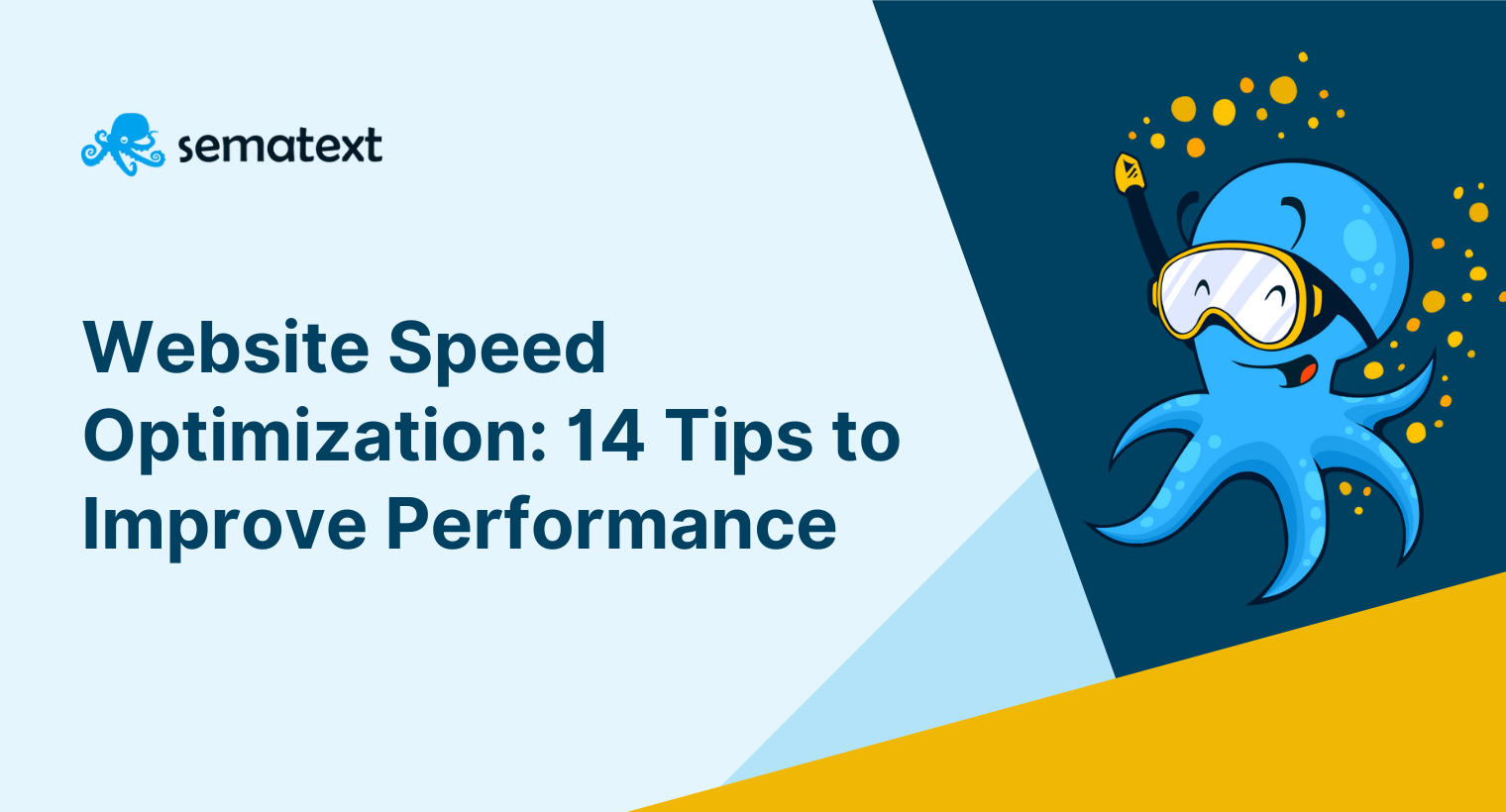Aytyapi Insights
Exploring the latest trends and updates in technology and lifestyle.
Speedy Sites: Zooming Past the Competition
Accelerate your website's performance and leave competitors in the dust. Discover essential tips for a faster, more effective online presence!
5 Key Factors That Make Your Website Faster
In today's digital landscape, website speed is crucial for both user experience and search engine rankings. Here are five key factors that can significantly enhance your website's loading time:
- Optimized Images: Large image files can dramatically slow down your site. Ensure that images are compressed and properly formatted to deliver high-quality visuals without sacrificing speed.
- Use of Caching: Implementing caching techniques allows your website to store frequently accessed data, minimizing the need to reload it from scratch. This can greatly reduce load times for repeat visitors.
Additionally, minifying CSS and JavaScript files is essential for improving load times. By removing unnecessary characters and spaces from your code, you can reduce file sizes and speed up processing. Furthermore, choosing a reliable hosting provider can have a significant impact on your site’s performance. A high-quality server will ensure faster response times, which is vital for retaining visitors and enhancing overall site credibility.
- Content Delivery Network (CDN): Using a CDN can distribute your website's content across multiple servers globally, allowing users to access data from the nearest location, which leads to faster loading times.
- Regular Updates: Keeping your website’s software and plugins updated is not just about security; it also helps maintain optimal performance. Regular updates can improve speed and efficiency, contributing to an overall better user experience.

How to Optimize Your Site for Speed: A Step-by-Step Guide
Optimizing your site for speed is crucial not only for enhancing user experience but also for improving your SEO rankings. Start by conducting a thorough analysis of your site's performance using tools like Google PageSpeed Insights or GTmetrix. These tools will provide you with valuable insights into your current loading speed and highlight specific areas that require improvement. Following the assessment, implement the following steps to boost your site's speed:
- Enable compression: Use Gzip or Brotli compression to reduce the size of your files.
- Optimize images: Ensure all images are appropriately compressed and scaled to fit the display size.
- Leverage browser caching: Set cache expiration options to reduce loading times for returning visitors.
Next, consider minimizing your website's HTTP requests by streamlining the number of elements on each page. This includes combining CSS and JavaScript files, as well as reducing the use of redirects. Additionally, it's essential to use a Content Delivery Network (CDN) to distribute your site’s content effectively. A CDN can significantly improve loading times by serving your site from locations closer to your users. Finally, make sure to continuously monitor your site's performance after making these adjustments to ensure they contribute positively to your overall speed.
Is Your Website Slowing You Down? Common Pitfalls and Solutions
In today's digital landscape, a slow website can significantly hinder user experience and search engine rankings. Common pitfalls that contribute to a sluggish website include oversized images, excessive use of plugins, and poor hosting decisions. For instance, images that are not optimized for the web can consume substantial bandwidth, leading to prolonged loading times. Additionally, having an abundance of plugins can cause conflicts and slow down performance. Evaluating these factors is crucial to determine if your website is facing slowdowns.
Fortunately, there are effective solutions to improve your site's speed. Start by compressing images and using modern formats like WebP to maintain quality while reducing file size. Consider limiting the number of plugins to only those essential for your site's functionality, and ensure your hosting provider offers adequate performance levels for your site's needs. Finally, utilizing a content delivery network (CDN) can significantly enhance loading times by serving your website content from locations closer to your users, ensuring a quicker and more efficient browsing experience.